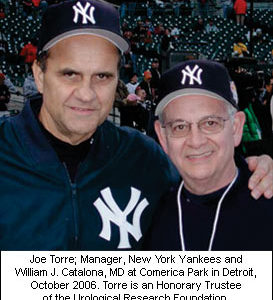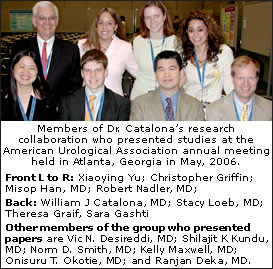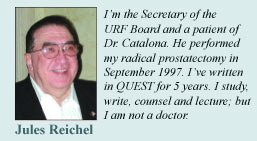Proscar (finasteride) Still Getting Misleading Attention
Studies showing that men taking Proscar (finasteride) had a statistically significant increase in high-grade tumors lessened interest in using Proscar to prevent prostate cancer and as a treatment for enlarged prostate. A recent new study challenged this finding and suggested…





